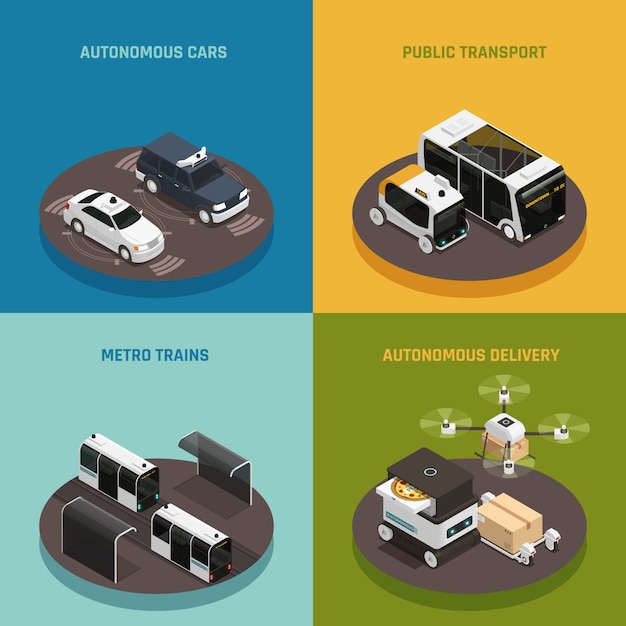Loughborough University Investigates How Roadworks Impact Autonomous Vehicles

A £1 million project will bring together Loughborough University in the UK and Highways England to study how roadworks affect connected and autonomous vehicles (CAVs) on motorways. The researchers will assess the challenges that CAVs face at roadworks, including merging, diverging sections, and lane markings.
Named Caviar (Connected & Autonomous Vehicles: Infrastructure Appraisal Readiness), this project is a collaboration with construction company Galliford Try. Last year, Caviar won Highways England’s innovation and air quality competition, earning a £1 million grant from the government’s innovation and modernisation fund. The UK government and industries are heavily investing in CAV technology to gain a competitive edge in future mobility systems.
CAVs might not be able to operate fully autonomously because of the complex road infrastructure. Factors like weather can also affect the sensors on CAVs, making it hard to detect road markings and traffic conditions.
“There’s been significant investment in CAVs so far, but it’s unclear if our current road infrastructure, made for conventional vehicles, is ready for them,” said Mohammed Quddus, a professor at Loughborough and the project’s main investigator. “Caviar addresses this issue by evaluating how road layouts impact CAV operations, like their ability to see lanes and make decisions.”
The project will test whether CAVs can safely navigate through construction zones. Researchers will gather real-world data on various lane configurations, feeding this info into simulation models to see how CAVs react to changing lanes. They will create digital maps of lane changes to help CAVs make better routing decisions.
The study will also look into how weather conditions, like snow or low light at night, impact a CAV’s ability to detect lane markings. For merging and diverging scenarios, the researchers will check if CAVs can safely transition from local roads to motorways despite differing configurations.
Led by Quddus, the team from Loughborough’s School of Architecture, Building & Civil Engineering includes Craig Morton, Alkis Papadoulis, Nicolette Formosa, Cansu Masera, and Jacky Man. They will head the development and validation of the simulation platform.
“Our goal is to create a world-class platform for assessing if motorway infrastructure is ready for CAV operations, supported by AI, statistics, optimisation, and verification,” said Quddus. “We want to meet the UK government’s target of having self-driving vehicles on roads by 2021.”
The team will outfit a vehicle with various sensors, such as lidar, radars, cameras, GPS, and V2X communication, to collect real-world motorway data. This data, along with information from motorway incident detection systems, will help validate the simulation platform.
Ultimately, the researchers will gather information on traffic flow and road configurations through lidar, radars, cameras, GPS, and other tools, allowing them to determine if CAVs can navigate different roadway situations.